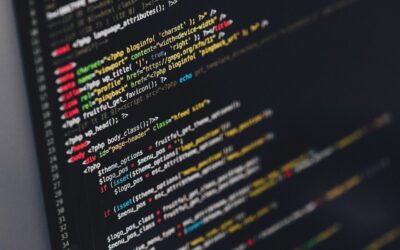A new classification of Gunnedah Shire Council has paved the way for an almost 40 per cent increase in fees payable to councillors and the mayor.
The Local Government Remuneration Tribunal has upgraded Gunnedah’s classification from ‘rural’ to ‘rural large’.
According to Gunnedah’s June business paper, reviews are conducted at least once every three years and classifications based on a range of criteria including population and its distribution, size, terrain and other associated data.
As a result, the fees for Gunnedah shire councillors in the rural large category will increase from $12,650 to $17,680 in the 2023/24 financial year, representing a $5030 increase or 39.8 per cent.
Meanwhile, the total mayoral allowance, which includes an additional fee as mayor, will increase from $42,050 to $55,605 in the 2023/24 financial year, representing an increase of $15,355 or 38.1 per cent.
This is the maximum amount payable to both categories, which the tribunal also determined would benefit from a three per cent per annum increase in the years to come.
In accordance with relevant legislation, superannuation is paid on mayor and councillor allowances at the superannuation guarantee rate.
Based on the three per cent increase and the reclassification of Gunnedah Shire Council from ‘rural’ to ‘rural large’, the 2023/24 council budget for mayoral and councillor fees now required an increase of $57,000, according to the business paper.
The motion to endorse the fee increases was passed unanimously at June ordinary meeting of Gunnedah Shire Council last week.
Councillor Murray O’Keefe acknowledged that although increased pay packets of elected members was not popular in the court of public opinion, he hoped the modest increase to remuneration would encourage greater depth of councillor candidates in the future and bring Gunnedah fees more in line with other jurisdictions across Australia.
“We have been arguing to have ourselves re-categorised, split into larger and smaller councils, and we have our wish – that has been done by the Office of Local Government this year,” Cr O’Keefe said.
“We are disproportionately underpaid compared to elected representatives in councils in other states.
“No one sits here in this chamber to earn an income but what I hope will happen, by having the remuneration increased, is that we see at the ballot box a number of candidates that challenge and vie for election.
“That is what we want as a community – a strong inducement to serve and have the best candidates putting themselves forward for election.”
The comments were echoed by deputy mayor Rob Hooke who said the fee changes will go some way to encourage more involvement in local government.
“I think the issue is having a reasonable fee to attract candidates, without that this council could suffer,” Cr Hooke said.
“I don’t think it will make a big difference to our bottom line but I think it will make a huge difference to the community in the long run.”
The next NSW council elections are scheduled to be held in September 2024.
To order photos from this page click here



